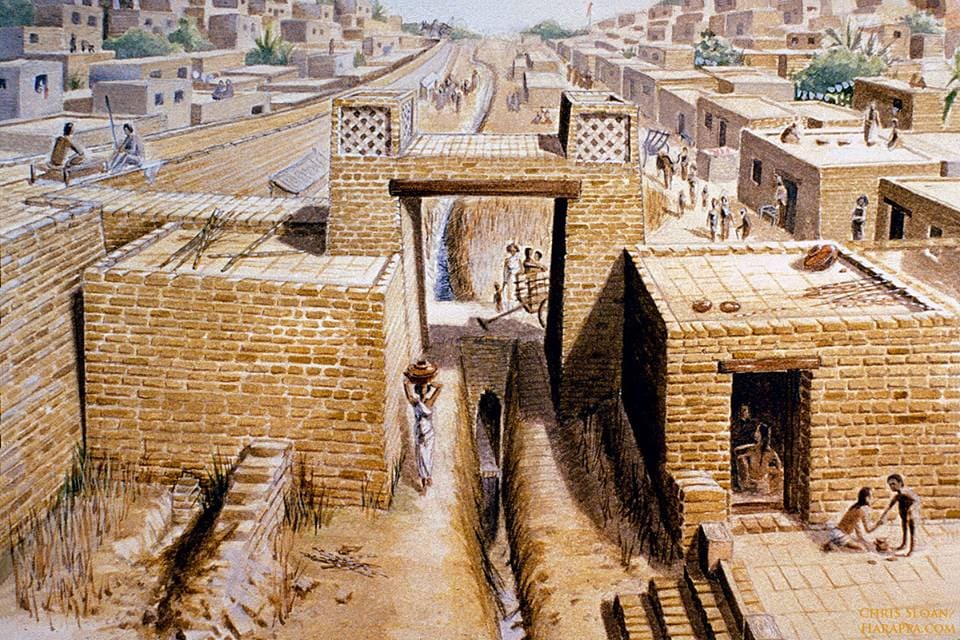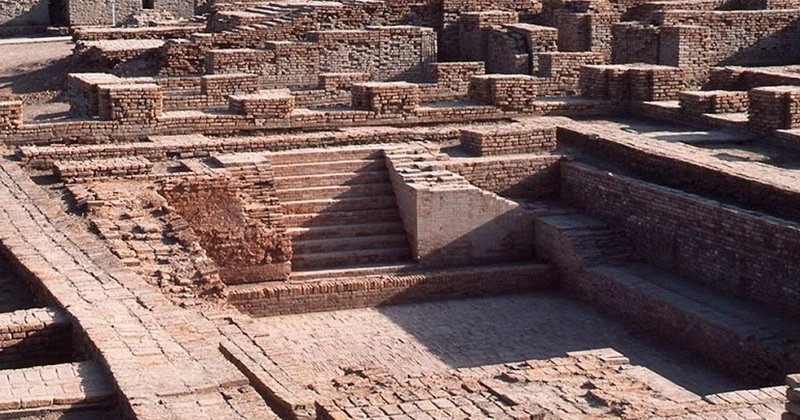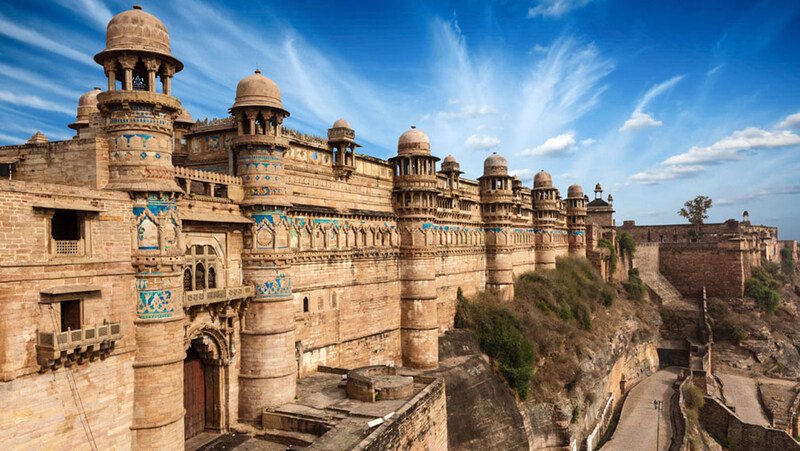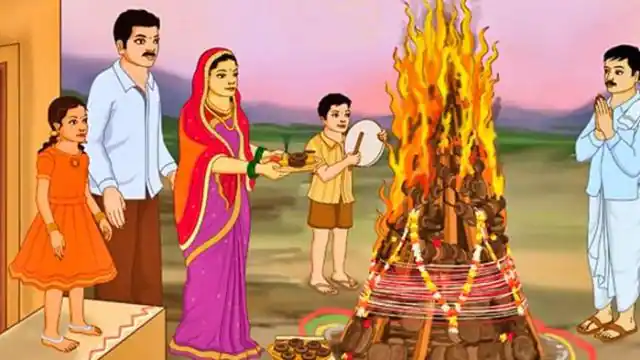
Harappan Civilization: Uncovering the Advanced Ancient Civilization of the Indus Valley.
Introduction
The Harappan civilization, also known as the Indus Valley Civilization, is one of the earliest and most advanced ancient civilizations in the world. Flourishing from around 2600 BCE to 1900 BCE, it was located in the region that is now Pakistan and northwestern India.
Urban Planning and Technology
The Harappans were known for their advanced urban planning and technological prowess. They built well-organized cities laid out in a grid pattern, with elaborate drainage systems and public baths. They also had a writing system, although it has not yet been deciphered, and were skilled in metallurgy, pottery, and textile weaving.
Economy and Trade
Farming was the primary occupation of the Harappans, who relied on the Indus River and its tributaries for irrigation. They cultivated wheat, barley, peas, and cotton, and domesticated animals such as cattle, sheep, and goats. Trade was also an important part of their economy, and they had contact with other civilizations in the region, including Mesopotamia.
Decline and Legacy
The decline of the Harappan civilization around 1900 BCE is still a matter of debate among historians. Some believe that it was due to climate change and the drying up of the Indus River, while others speculate that it was due to invasions by outside forces. Despite its decline, the Harappan civilization left a lasting legacy in the region. Its sophisticated urban planning, advanced technologies, and rich cultural heritage continue to inspire scholars and archaeologists today.
Conclusion
The Harappan civilization was a remarkable ancient civilization that made significant contributions to the development of urban planning, technology, and trade. Its legacy is still felt in the region today, and its ruins remain popular tourist destinations and UNESCO World Heritage sites.
Note: This blog or artical is written on the basis of online research, news paper and AI tools. So, if there is any issue, please mail your feedback.
- Share:








